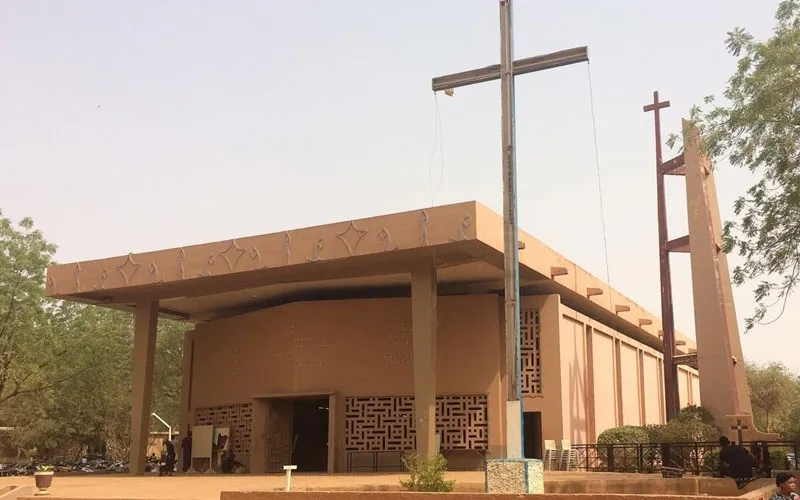Niamey, 17 February, 2023 / 8:39 pm (ACI Africa).
Fr. Rafael Casamayor, a Catholic Missionary Priest ministering in Niger’s Niamey Archdiocese has explained how Christians in the predominantly Muslim West African nation are using Basic Christian Communities (BCCs) to foster fraternity among themselves and to live the Gospel.
In a Tuesday, February 14 report by the Information service of Propaganda Fide, Agenzia Fides, the member of the Society of African Missions (SMA) also highlights the challenges that members of BCC face.
“Every fortnight a group of Christians from a village meet in one of their homes to pray, read the Gospel, and simply pray, commenting, exchanging ideas, experiences, talking about the Christian life, supporting each other in a Muslim society that generally does not make it easy to express oneself,” Fr. Casamayor says.
The encounters in BCCs, he says, “is not an easy path, since we all have very different points of view but we are slowly managing to 'break the ice'”.
He says that BCC members appreciate the fact that they get an opportunity to exchange viewpoints and be in touch with each other during the fortnightly encounters.








